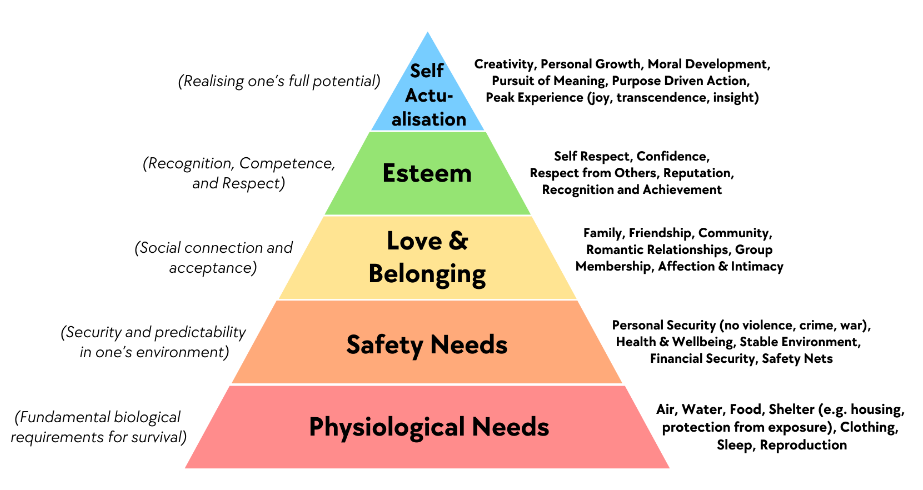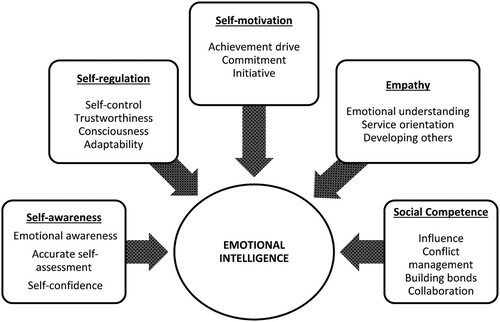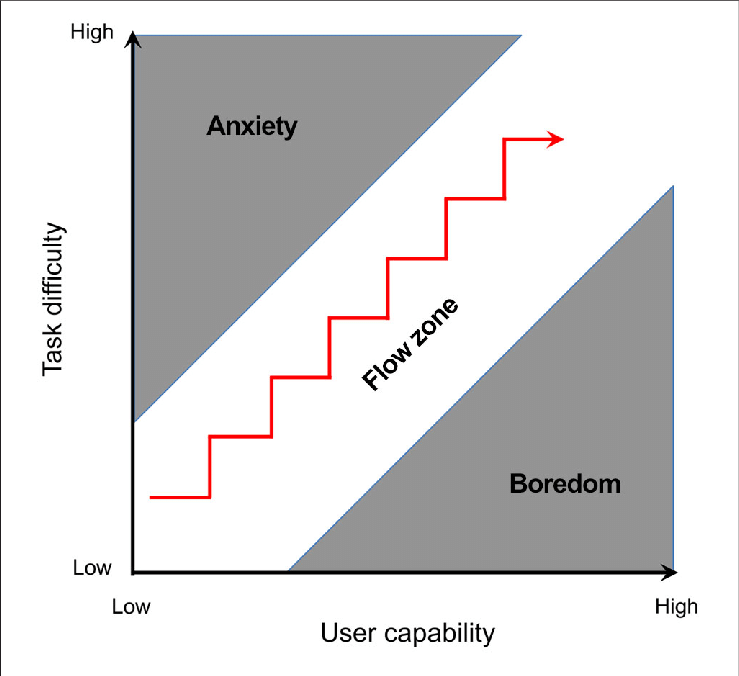The hospitality industry is inherently people-centric, built on the principle of providing comfort, satisfaction, and memorable experiences to guests. As such, understanding human behaviour—how people think, feel, and act—is critical. Psychology, the scientific study of the mind and behaviour, plays a vital role in enhancing service delivery, improving customer satisfaction, boosting employee performance, and ultimately driving business success in the hospitality sector.

Psychological Principles in Customer Service
At the heart of the hospitality industry lies the customer experience. Psychological theories about human needs and behaviours provide insight into how to improve guest satisfaction and loyalty. Abraham Maslow’s hierarchy of needs, for instance, is particularly relevant. Guests initially seek to fulfil basic needs such as safety and comfort (Maslow, 1943). Once these are met, they seek higher-level experiences such as recognition and self-actualization, which can be achieved through personalized services, luxury offerings, and exclusive experiences.
Moreover, the psychological concept of the “expectancy-disconfirmation paradigm” suggests that satisfaction is a function of the discrepancy between expectations and perceived performance (Oliver, 1980). Hospitality professionals who understand this can better manage guest expectations through clear communication and then exceed them through service excellence, thus creating positive experiences.
Consumer Behaviors and Decision-Making
Consumer psychology is fundamental to understanding why guests choose one hotel or restaurant over another. Psychological studies indicate that decisions are not always rational; they are influenced by emotions, brand perception, social proof, and cognitive biases (Kahneman, 2011). For instance, the “halo effect”—where one positive attribute (e.g., a beautiful lobby) creates a favourable impression of other unrelated aspects—can shape customer perceptions of service quality (Nisbett & Wilson, 1977).
Marketing strategies in hospitality also heavily rely on psychological tactics. Colours, music, scent, and layout—elements influenced by environmental psychology—can impact customer behaviour and preferences. Ambient scent in hotel lobbies, soft background music in restaurants, and even room colours can influence mood and satisfaction (Spangenberg et al., 2006).

Emotional Intelligence and Employee Performance
Employees in hospitality frequently engage in “emotional labor,” the process of managing feelings and expressions to fulfill job requirements (Hochschild, 1983). Frontline staff are expected to maintain a pleasant demeanor regardless of their personal feelings, which can lead to burnout if not managed properly. Training in emotional intelligence (EI) helps employees recognize and regulate their own emotions while effectively responding to guests’ emotions, thereby improving service quality and resilience (Goleman, 1995).
Studies have shown a strong correlation between high EI in hospitality workers and better job performance, teamwork, and guest satisfaction (Prentice et al., 2013). Managers who employ transformational leadership—an approach grounded in psychological motivation—can inspire and empower staff, leading to lower turnover rates and higher morale (Bass, 1990).

Guest Experience Design and Positive Psychology
Positive psychology, which focuses on strengths, virtues, and what makes life worth living, can be directly applied to guest experience design. Creating experiences that foster positive emotions such as joy, awe, and gratitude leads to memorable stays and customer loyalty (Seligman & Csikszentmihalyi, 2000). Hotels that design experiences with these emotions in mind—such as surprise upgrades, handwritten welcome notes, or curated local excursions—tap into the psychological drivers of happiness and meaning.
The concept of “flow”—a mental state of complete immersion in an activity—can also be leveraged. Offering guests opportunities for flow experiences (e.g., engaging cultural workshops, cooking classes, or adventure activities) increases their satisfaction and connection with the brand (Csikszentmihalyi, 1990).
Conflict Resolution and Guest Recovery
In service failures, psychological insights are essential for effective conflict resolution. The “service recovery paradox” suggests that customers who experience a problem that is swiftly and satisfactorily resolved may become more loyal than those who never encountered a problem (McCollough et al., 2000). Training staff in conflict de-escalation techniques, empathy, and active listening are key psychological tools that improve guest recovery.
Understanding personality types also helps tailor responses. For example, introverted guests may prefer private apologies and quiet compensations, while extroverts might appreciate public acknowledgment or interactive resolutions (Costa & McCrae, 1992).
Cultural Psychology and Diversity
Cultural psychology plays a crucial role in an increasingly global hospitality market. Guests from different backgrounds have varied expectations regarding communication styles, privacy, service interactions, and rituals. Cultural intelligence—the ability to relate to and work effectively across cultures—is a psychological skill essential for hospitality professionals (Ang et al., 2007). Hotels that train staff in cultural sensitivity are better equipped to meet diverse guest needs and avoid misunderstandings.
Workplace Wellbeing and Organizational Psychology
Employee wellbeing significantly impacts service quality. Organizational psychology offers frameworks for improving job satisfaction, reducing stress, and enhancing productivity in hospitality settings. Concepts such as job crafting—allowing employees some autonomy in shaping their work—can increase engagement and innovation (Wrzesniewski & Dutton, 2001). Regular feedback, recognition programs, and wellness initiatives contribute to a psychologically healthy workplace, which in turn reflects in superior guest service.
Psychological Metrics and Feedback Analysis
Psychology also informs how hospitality businesses collect and interpret feedback. Beyond basic satisfaction scores, psychological survey design ensures that questions accurately gauge emotional responses and long-term brand loyalty. Sentiment analysis, often driven by natural language processing and rooted in psycholinguistic principles, is now used to assess online reviews and social media feedback (Pang & Lee, 2008).
Conclusion
Psychology offers powerful tools for understanding both customer behavior and employee dynamics in the hospitality industry. From improving guest experiences through emotional engagement and environmental design, to enhancing staff performance through emotional intelligence and leadership development, psychological insights are indispensable.
As the industry evolves to meet the expectations of increasingly discerning and diverse customers, integrating psychological principles into every facet of hospitality management is not just beneficial—it is essential.